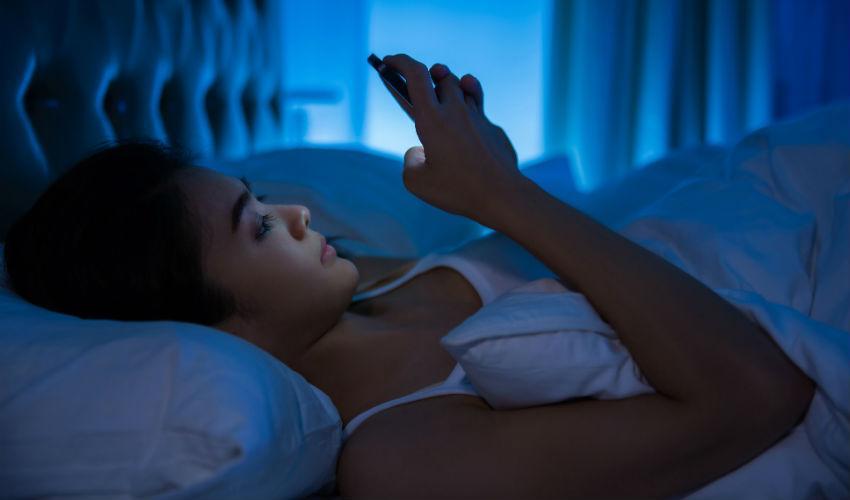
Broadband Internet Causes Sleep Deprivation
INDIVIDUALS WITH A DSL LINE SLEEP 25 MINUTES LESS, ARE LESS LIKELY TO REACH THE RECOMMENDED AMOUNT OF SLEEP AND ARE LESS SATISFIED WITH IT, ACCORDING TO A STUDY BY TWO BOCCONI UNIVERSITY SCHOLARS AND A COLLEAGUE, FUNDED BY THE EUROPEAN RESEARCH COUNCILAbout 200,000 working days are lost in Germany every year due to insufficient sleep, with an economic loss of $60bln, or about 1.6% of its GDP, according to a 2016 Report of the RAND Corporation. Francesco Billari and Luca Stella (Bocconi University), with Osea Giuntella (University of Pittsburgh), in a study just published in Journal of Economic Behavior and Organization, find that access to broadband Internet is one of the causes of such sleep deprivation.
Exploiting the fact that the deployment of broadband in Germany over the years was dependent on technical and historical reasons, they link data on broadband to surveys where individuals report their sleep duration. The researchers conclude that access to high-speed Internet reduces sleep duration and sleep satisfaction in individuals that face time constraints in the morning for work or family reasons.
«Individuals with DSL access tend to sleep 25 minutes less than their counterparts without DSL Internet. They are significantly less likely to sleep between 7 and 9 hours, the amount recommended by the scientific community, and are less likely to be satisfied with their sleep», Francesco Billari, a Full Professor of Demography at Bocconi University, Milan, and the Principal Investigator of the project DisCont, funded by the European Research Council, within which this research was conducted.
The effect that the authors find is largely driven by individuals that face time constraints in the morning and by the use of electronic devices in the evening (not by their use throughout the day). «Digital temptations may lead to a delay in bedtime, which ultimately decreases sleep duration for individuals who are not able to compensate for later bedtime by waking up later in the morning», Prof. Billari says.
The temptations individuals are prone to vary according to age, the scholars find. Among teenagers and young adults (aged 13-30), there is a significant association between insufficient sleep and time spent on computer games or watching TV or videos in the evening, while for older adults (31-59) the correlation is with the use of PCs and smartphones.
Francesco C. Billari, Osea Giuntella, Luca Stella, Broadband internet, digital temptations, and sleep, in Journal of Economic Behavior and Organization, 153 (2018) 58-76. DOI: 10.1016/j.jebo.2018.07.001
by Fabio Todesco
